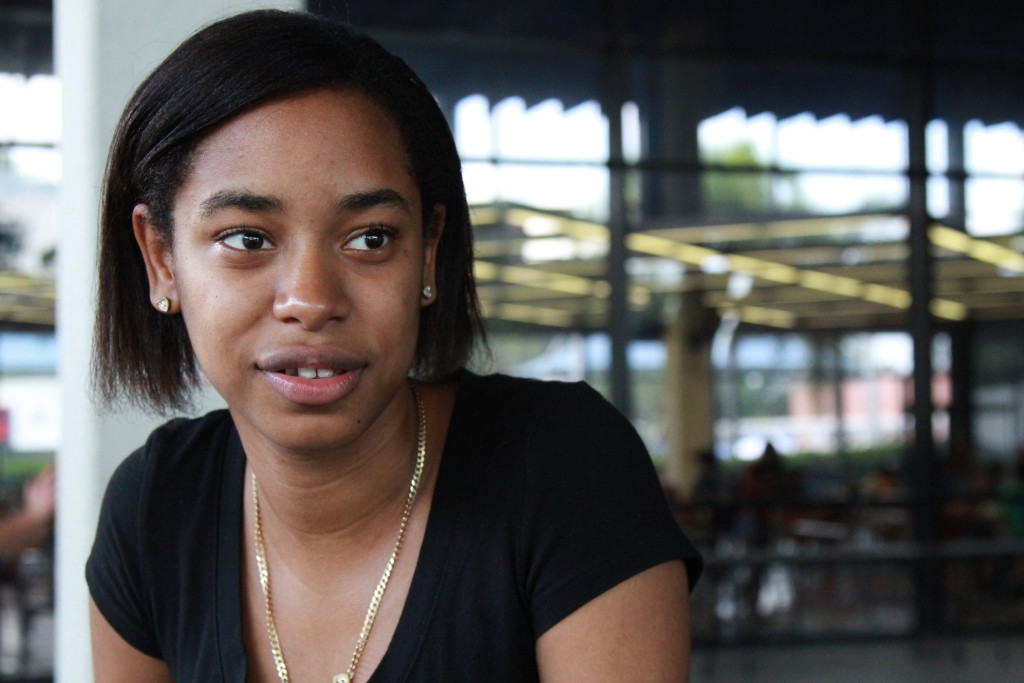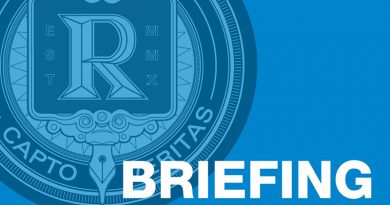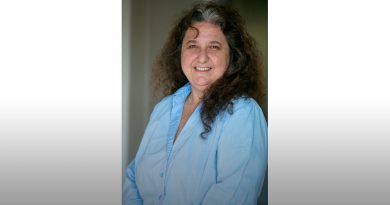Special Needs Students Strive In Higher Education
Nearly 3,000 students college-wide benefit from ACCESS ( A Comprehensive Center for Excellent Student Services), the department in charge of assisting students with disabilities on campus. Institutions like Miami Dade College are required by law to provide auxiliary aids, substitutions, modifications, academic adjustments or waivers of requirements for admission for students with disabilities.
Andrea Plunkett, ACCESS services director at North Campus, says that identifying students with disabilities can be a hard task, because students are not required to notify any of their disabilities to the College.
“They don’t have to come here,” Plunkett said. “They may not take the opportunity to disclose.”
If students choose to seek any auxiliary aids, they must provide documentation of their disability in order to obtain the aids.
Living with a disability makes those college students’ experiences unique.
Here are two stories of students with disabilities portraying their distinct challenges and accomplishments
Empowering Young People
When North Campus student Brianda Belizario, 23, was born, her family had no clue she was deaf. They were confused that their baby didn’t respond to their calls. No one in her family had been born deaf before.
Coming from the Dominican Republic, her family wasn’t aware of the resources available to Belizario at an early age such as American Sign Language education and interventive language tutoring. This led to her growing up without effectively communicating with her family, who only spoke Spanish at home.
Belizario saw the need to learn to speak even when she wasn’t able to hear the phonetics of her words. Her family never adapted to her special needs. Up to this day, Belizario doesn’t communicate well with her family, most of them don’t speak English and she can’t read lips in Spanish.
She now lives with her father, step-mother and a step-sister. Her biological mother lives in Brooklyn, New York where Belizario was born.
Her father, an airplane technician, has learned to speak English to facilitate and interact with his daughter. Even though he attempted to learn ASL, he focused his energy on learning English to better adapt to the United States.
She goes home to a place that she can hardly identify with. Many of the family conversations are not conveyed to her because her family just doesn’t know how to.
She is an outsider in her own home.
At school it is a different story, here she has found a support system that understands her. Her friends are all too familiar with the hardships that come with having a disability since they have one too.
Belizario is the president of the American Sign Language club on campus. Her role as president has allowed her to grow and work with students on the social aspect of having a disability.
She obtains assistance from the ACCESS department by having an interpreter and notetaker that help her keep up with the pace of her math class.
Belizario and many of her friends don’t like to talk about the fact that they receive ACCESS assistance or have disabilities. They say the stigma of a disability makes people see them as different.
Jose Ubillus knows the reality of being a hard of hearing student and trying to excel in school.
Ubillus admires Belizario’s tenacity and endurance. He knows first-hand how hard it can be to integrate into the student body while having a disability.
“She has so much energy to come to school,” said Ubillus about Belizarios. “It’s hard to communicate — to pass the classes.”
He said that self motivation is the key to success, not getting discouraged because a disability is getting in the way of accomplishing scholastic goals.
Despite the obstacles that her deafness has created in her life, Belizario is full of enthusiasm and joy. She smiles when asked about her future, and her dreams.
“I am pretty happy with who I am,” Belizario said.
She hopes to obtain her bachelor’s degree in early education so she can become an educator who focuses on students with disabilities. Belizario wants to empower young people, to let them know that they can accomplish anything they set their minds on.
Technology And Goal Oriented
Suspending himself from his seat with his arm on his wheelchair armrest, 26-year-old Kenry Maime erupts in laughter, shaking his motorized wheelchair when asked about his hobbies, like going to the mall with friends.
He smiles and responds that he dreams of one day being able to walk.

Maime has cerebral palsy, which impairs his physical movement.
But his congenital disorder doesn’t stop him from dreaming big and planning a future, he said. Maime aspires to be a computer scientist. He wants to graduate, obtain a job and start a family just like his peers.
At the age of seven, Maime had his first surgery on his knee caps. A doctor told his mother that he would never be able to walk. The news shattered his dreams of living a life without doctors, nurses and wheelchairs. Ever since then, his mother has devoted her life to his care.
Maime has defied all expectations. He has been attending school for more than seven years, taking one class per semester.
A North Campus computer science major, Maime earned his GED in 2009 and went on to college right after. He was the first from his family to do so.
Maime said his parents are extremely proud of all the things he has accomplished. There’s a level of respect Miame obtains from his peers—living proof that all things are accomplishable.
His ACCESS assigned tutor, Carmen Welsh, has been working with Maime for several years. She started helping him as a note-taker for one of Maime’s classes. Ever since then the two have worked together, strengthening his academic performance.
“He’s a hard worker,” Welsh said about Maime’s character and performance in and outside of the classroom. “He works well with others, he is always looking out for them.”
This self-awareness has allowed him to persevere in the most difficult situations, Welsh explained.
According to Welsh, he has shown professionalism and maturity in situations where able-bodied students negatively approach him and try to antagonize him.
“He is able to shrug it off professionally,” Welsh said. “He is comfortable with himself.”
Aside from being assigned a note-taker by the ACCESS department, Maime obtains other benefits from the department. He is helped during exams by having a scribe to write in answers during tests.
Maime is looking into the future and the goals he has set for himself. He wants to leave a mark on this earth, to prove that he is capable of accomplishing anything he proposes to himself.
“I work really hard to reach my goals: like my AA [degree],” Maime said. “I want it so bad.”




